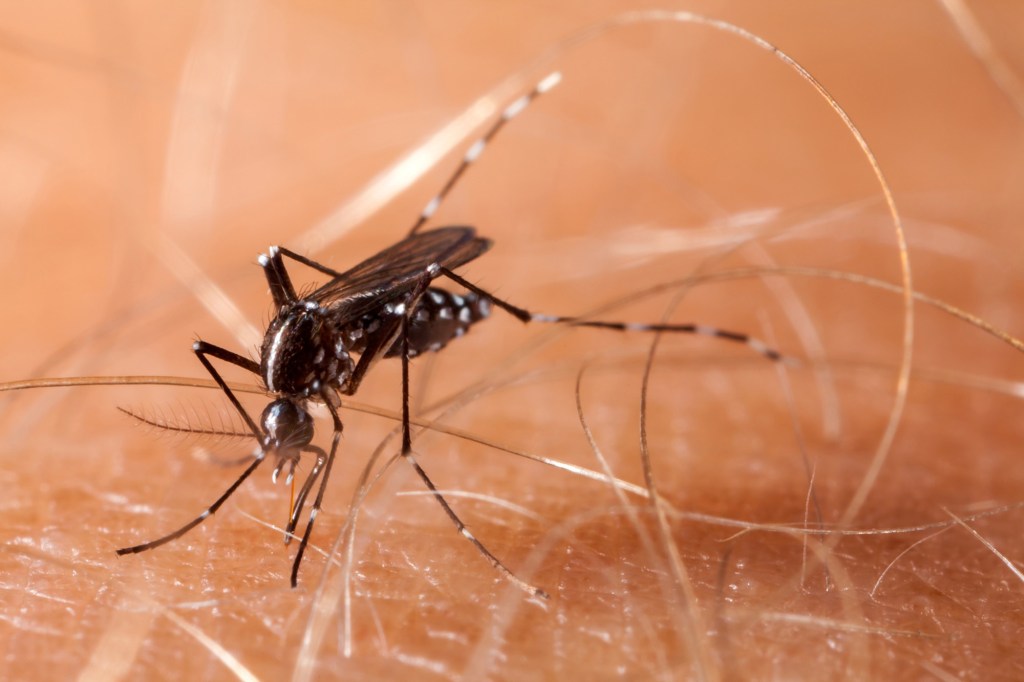The Pennsylvania Department of Environmental Protection has confirmed the presence of West Nile virus from mosquitoes collected in Darby Township.
The township announced the infected mosquitoes were found during routine testing. They collect five birds per week from each county for testing from June 1 through Oct. 1, or until the season ends.
Follow-up surveillance will continue over the coming weeks. If more virus-positive mosquitoes are found, mosquito control efforts may be scheduled.
The Delaware County Health Department reports that West Nile virus can cause a brain infection, with most cases occurring primarily in the late summer or early fall.
Although most infections are mild, serious illness can occur. There was no human case of the virus in Delaware County last year.
According to the state, the virus was detected in 251 mosquito samples in Delaware County in 2020.
West Nile is known to infect certain wild birds, and reporting dead birds is an important way to check for virus activity in the area.
The infected birds, especially crows, are known to get sick and die from the infection.
The Pennsylvania Dead Bird Surveillance program for West Nile virus relies on residents to report and submit certain dead birds seen around their property or elsewhere to their West Nile county coordinators. Since the virus was detected in New York City in 1999, thousands of dead birds have been submitted for testing by residents in the Northeast.
To report dead bird sightings, call the Delaware County Health Department Wellness Line at (484) 276-2100 for details.
Officials remind residents that simple steps can protect your from the mosquitoes that bring the virus, including pouring out any standing water around your home, such as in buckets, birdbaths and gutters.
When outdoors, wear long sleeves and pants , especially at dawn and dusk and using EPA-registered insect repellent.
Check window and door screens for holes.
Meanwhile, the Delaware County Health Department’s Mosquito-Borne Disease Control Program runs from April through September and conducts weekly mosquito surveillance in the county, as well as education and outreach, mosquito habitat reduction, and larval mosquito treatments.
Surveillance and lab results determine the risk for human infection, which guides adulticide spray planning. DCHD does not have current plans to conduct adulticide mosquito sprays at this time, according to department spokesman Matt Rankin.

